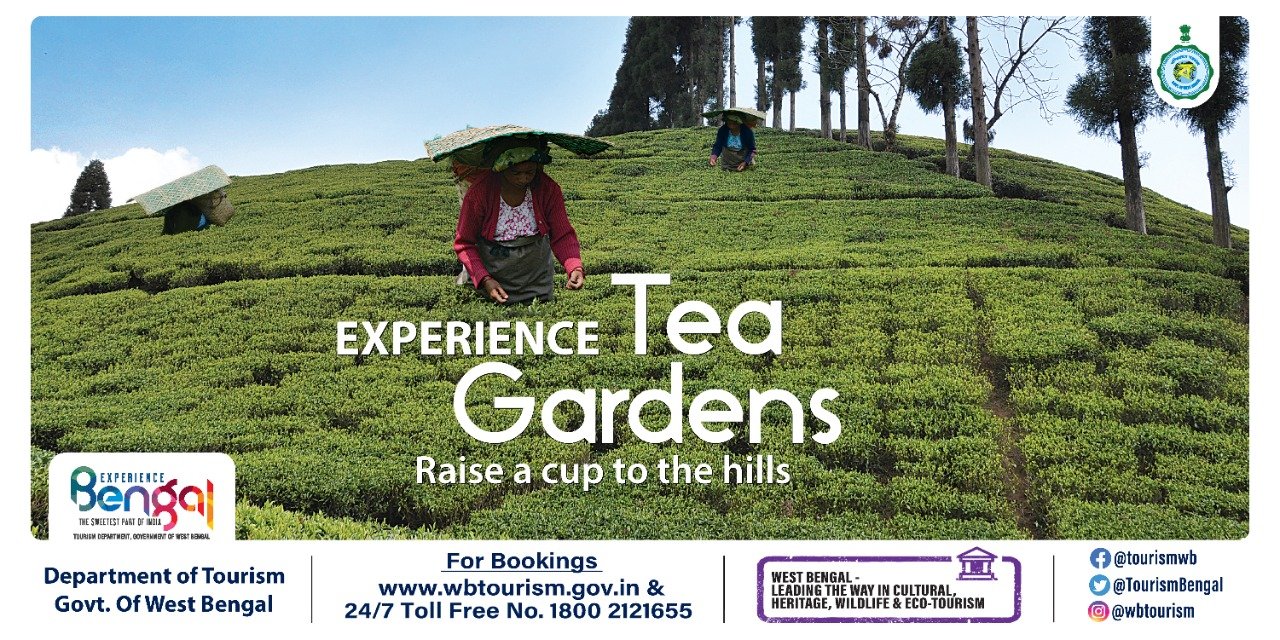
BY RAJA SADHUKHAN,
(PRINCIPAL, INSTITUTE OF HOTEL MANAGEMENT, TARATALA, KOLKATA
P-16, TARATALA ROAD, KOLKATA – 700 088)
KOLKATA | 23 OCTOBER 2025
The introduction of the Goods and Services Tax (GST) in 2017 was a turning point in India’s taxation system, keeping in mind one nation one tax. By consolidating a complex web of indirect taxes into a unified structure, GST has brought about efficiency, uniformity, and ease of doing business. In September 2025, the Government of India unveiled one of the most comprehensive reform packages since its inception, with a strong focus on rationalization, simplification, and sector-specific relief — particularly in the hospitality and tourism industries.
Relief for the Hospitality Sector:
The 2025 GST reforms have significantly benefited hotels, restaurants, and allied tourism services. The government has reduced GST rates on various raw materials and ingredients used in food production. This has led to a decline in food costs, thereby improving the profit margins for hotels and restaurants.
Since menu prices are not frequently revised, the lower cost of ingredients directly enhances profitability without impacting customer pricing — a welcome development for both operators and consumers.
Simplified Accounting and Compliance:
Earlier, tax filing and record-keeping in the hospitality sector were tedious and time-consuming. With multiple tax categories and heavy documentation, businesses had to allocate significant resources to compliance.
The new GST structure has simplified accounting procedures by reducing complexities around Input Tax Credit (ITC) and introducing easier digital filing systems. This has lowered administrative costs and allowed hotels to focus more on operations and guest experience.
Reduced GST on Room Tariffs:
A major highlight of the reform is the revision of GST on room rents:
- 5% GST (without ITC) on rooms priced between ₹1,000 and ₹7,500 (down from 12%)
This change has had a profound impact on hotels, particularly across cities. Lower tax burdens make travel more affordable for tourists, encouraging them to explore the country. The measure is expected to boost occupancy rates and revenues, especially during festive and wedding seasons when travel demand surges.
Boost to Domestic Tourism:
With the reduction in accommodation costs, travel has become more accessible to the middle class and budget-conscious travellers. This move supports India’s growing domestic tourism market and reinforces its position as a dynamic global hospitality destination. Affordable quality stays will attract more Indian families, students, and young professionals to explore the nation’s cultural and natural heritage.
Lower Cost for Hotel Operations:
The reduced GST on essential items such as toiletries, shampoos, soaps, and shaving kits, commonly provided as guest amenities, directly lowers operational expenses. Furthermore, the cut in GST rates on electronic appliances like air conditioners, televisions, and washing machines allows hotels to upgrade in-room facilities more economically, improving overall guest satisfaction and competitiveness.
Encouraging Mobility and Employment:
In a broader economic context, the reduction of GST on two-wheelers (up to 350cc) and small cars from 28% to 18% enhances mobility affordability for millions of workers. For those in the tourism and hospitality supply chain, from delivery executives (Swiggy, Zomato, Spencer’s, etc.) to travel guides, lower commuting costs translate into better access to jobs and markets, strengthening the industry’s employment potential.
Empowering Start-ups and Entrepreneurs:
For the food and beverage (F&B) start-up ecosystem, the simplified GST structure — primarily 5% for essentials and 18% for other categories — ensures greater clarity and predictability. This rationalization helps entrepreneurs build transparent pricing models, reduces compliance challenges, and instils confidence among investors to scale operations in India’s cost-sensitive market.
Driving Growth and Inclusivity:
The hospitality and tourism sector already contributes over 5% to India’s GDP and is one of the country’s largest job creators. The latest GST reforms align with the government’s vision of “Sabka Vikas” — inclusive growth for all. By easing financial burdens, enhancing affordability, and supporting employment, this reform strengthens India’s economic foundation while promoting sustainable tourism development.
The 2025 GST rationalization represents more than just a tax adjustment — it is a strategic move toward inclusive economic growth. It results in higher savings, leading to increased purchasing power and an increase in demand in the economy. In a way, it boosts affordability, encourages domestic travel, simplifies compliance, and strengthens the business environment for both established enterprises and new entrants.
As India continues to rise as a global tourism powerhouse, these progressive tax reforms ensure that its hospitality industry remains competitive, innovative, and accessible — truly reflecting the spirit of a modern, developing nation.

Advertisement:






























Add Comment